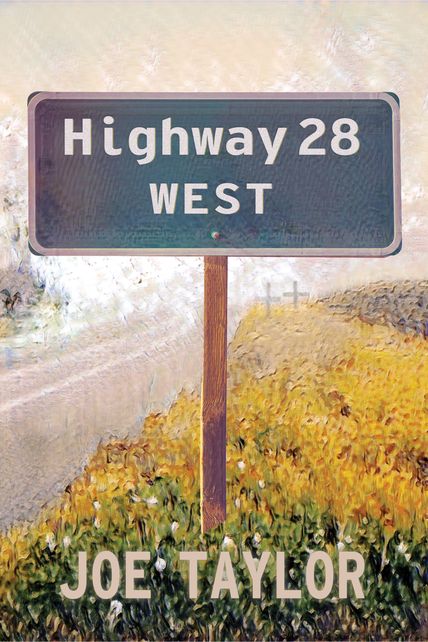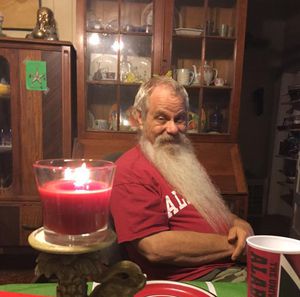
Preacher is not a preacher, though death’s vicissitudes clamor around him in a disturbingly ecclesiastic manner. When he finds a pit bull puppy by the side of the road and gets a job at a boxing manufacturer, he declares his luck changed. One small-town cop has doubts: “It ain’t your luck needs changing, but the folks you meet.” And so it stands, as the sun and moon revolve in their tango—or is it a waltz?—and whisper to one another.
Notices
" ‘Poor humans, poor creatures!’ The chorus of voices that interrupt and thus animate Joe Taylor’s swift and pointed Highway 28 West echo in the mind and ear of a reader long after the final page is turned. The story line is kaleidoscopic and urgent; the style is downhome; the sentences shine as with a yellow light…. Thank you, Author!”
—Fred Chappell, author of The Kirkman Family Cycle and winner of The Bollingen Prize for Poetry
“From a heroic outpost at the University of West Alabama, Joe Taylor has quietly championed the books of other writers, and created his own, far from limelight or celebrity. That’s a shame—Taylor tales are sui generis, not like anything else. Highway 28 West fictionalizes a blacktop south of Demopolis, Alabama, as a metaphorical highway to Hell. Imagine Cormac McCarthy living in a trailer home in the piney woods, eating bologna sandwiches and magic mushrooms at night while writing Sunday church bulletins. That’s close to the feeling of this strange and astonishing book.”
—Charles McNair, author of The Epicureans
“Joe Taylor’s Highway 28 West is about a place where the lost get found out, and where what is real and what is not share moments of temporary deliverance. The main character, Preacher, wanders Alabama looking for hope, hoping for luck, but most importantly, persisting so he can tell the tales of those whose lives exist as warning for the rest of us. Highway 28 West gives a southern twist on Dylan’s Highway 61 Revisited and Bergman’s The Seventh Seal. And Taylor’s masterful writing is as clear-eyed and unflinching as it is humorous and searching. Joe Taylor is a seeker of a writer, and his Highway 28 West takes us to a place we might be afraid to go but must see to believe.”
—James Braziel, author of This Ditch-Walking Love
“A man journeys along a nightmarish path in Taylor’s experimental novel…. The novel is formatted like a play: Preacher recounts his adventures as monologues delivered to a crowd of people, many of whom have heard aspects of the story from other sources. They shout out comments, observations, and critiques of Preacher’s storytelling ability…. Some members of the crowd have distinct personalities, like Lizzie, the “Girl Poet in Crowd,” who offers cryptic verses now and again between Preacher’s speeches. The stories Preacher tells are hard to make sense of—they have the fluidity and ambiguity of religious allegory, and both Preacher and the crowd often have difficulty assessing their meaning; the format itself adds an additional layer of abstraction…. Fans of Samuel Beckett and other aggressively postmodern writers may enjoy picking apart the layers of Preacher’s dreamlike soliloquies, but most readers will probably be left baffled by this difficult-to-parse work. An ominous, often alienating piece of experimental fiction set along a hellish highway.”
